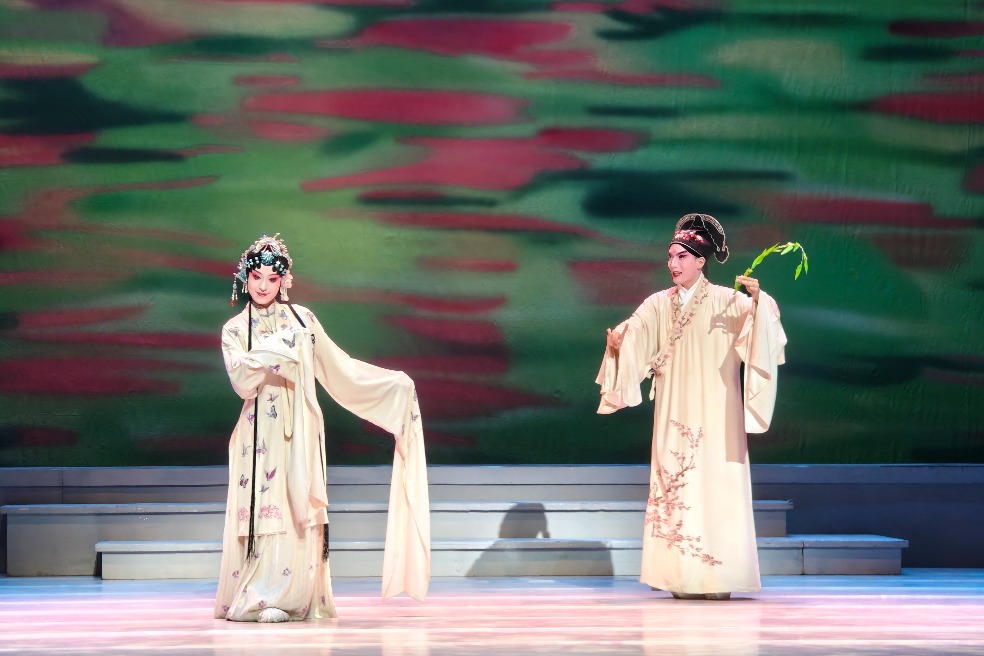40 years of parallel theater

Hong Kong's original experimental theater group, Zuni Icosahedron, turns 40 this year. Tracey Furniss goes down memory lane with two of the company's founding members.
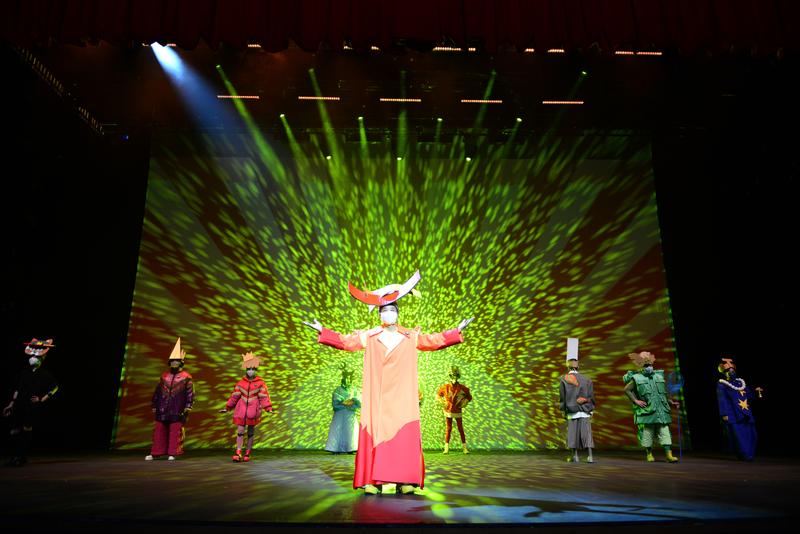
A pioneer of multidisciplinary experimental performance and art, Zuni Icosahedron has grown from humble beginnings in the early 1980s to become one of Asia's leading professional performing arts companies. This year, Zuni is celebrating its milestone 40th year with theater and art education programs designed to reach the spectrum of society, from children to youth to adults. To date, the company has produced more than 200 original, alternative theater productions and performed in more than 80 cities around the world.
Appropriately, the company's name hints at concepts of shifting definitions and the breaking of traditional molds. Zuni is a color that's not quite blue or green but something in between. It's also the name of a Native American tribe from New Mexico known for its creative handicrafts. And an icosahedron is a 3D shape with 20 sides — a reminder that there are always multiple ways of looking at something.
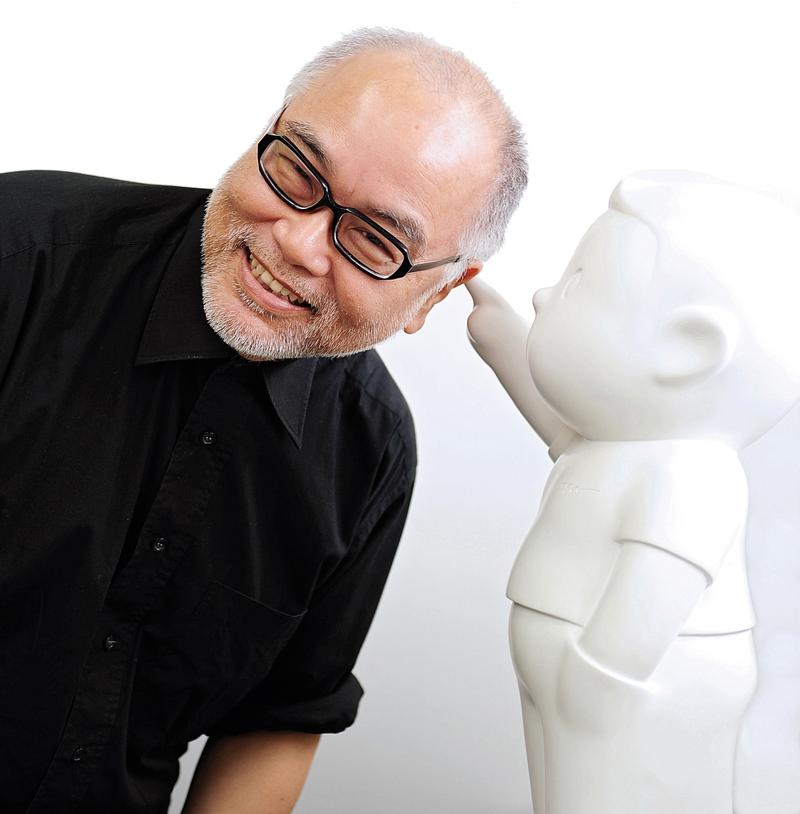
In the beginning
The special administrative region government has invested heavily in the creative arts in recent years, establishing cultural hubs such as the West Kowloon Cultural District and the soon-to-be-completed East Kowloon Cultural Centre.
This was not always the case.
By the late 1970s and early '80s, Hong Kong was being called a "cultural desert". Admittedly, performance venues were few and far between until the Hong Kong Arts Centre (HKAC) opened in 1977. People, in general, seemed more focused on making money than participating in the arts.
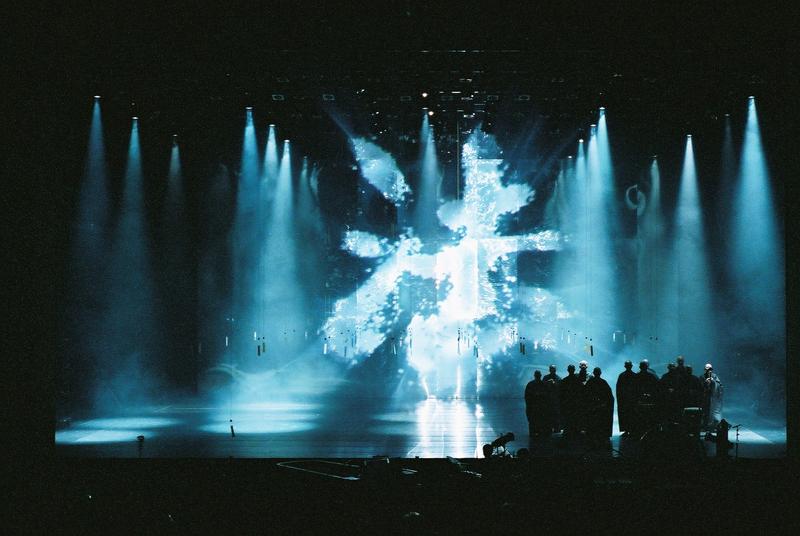
Zuni co-founder Danny Yung disagrees with this assessment however. Local, young creative talent was thriving at the time, he insists. "There were all these young people looking for something. They had so much energy, and in the late '70s, early '80s, all these people were ready to start something — this was the beginning of Zuni."
HKAC sought out new performance groups such as Daryl Ries' Modern Dance Theatre of Hong Kong, Willy Tsao's City Contemporary Dance Company, and the Chung Ying Theatre Company, to name a few, as well as Zuni. Helga Werle-Burger was HKAC's program manager at the time. She invited Yung to collaborate with the center. The multitalented artist presented a solo cartoon exhibition in 1978 as well as installation works. By the early '80s, Yung was known internationally for his experimental film and video art. He proposed to Werle-Burger that she offer him a three-month project.
She did.
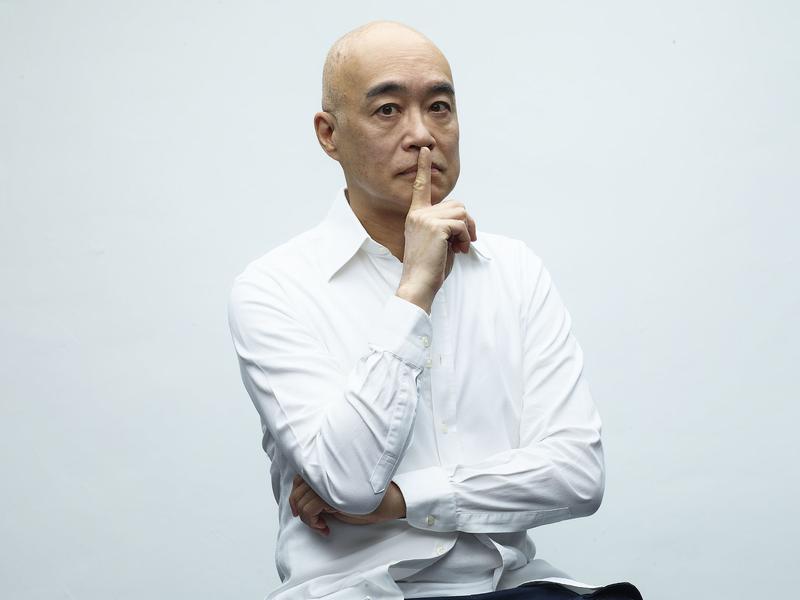
"That was my first involvement with HKAC's theater division," Yung remembers. He came up with the concept for Journey to the East, which looked at China through the Italian lenses of Marco Polo and Michelangelo Antonioni. Both artists had been to China — around 600 years apart. "One came back and wrote a book; the other came back and made a film."
The production "triggered a lot of young people, who were very excited about participating", Yung continues. "The next work I did after the four-part Journey to the East was a videogram." Antonioni and Marco Polo figured in it as well.
In 1982, Yung wrote One Hundred Years of Solitude, based on Gabriel Garcia Marquez's masterpiece, published the same year. It has been in the company's repertoire ever since. This was the first Zuni performance that David Yeung, one of Zuni's founder members, participated in. Since then, he has taken part on and off stage, both as performer and creator, in almost all of the company's productions.
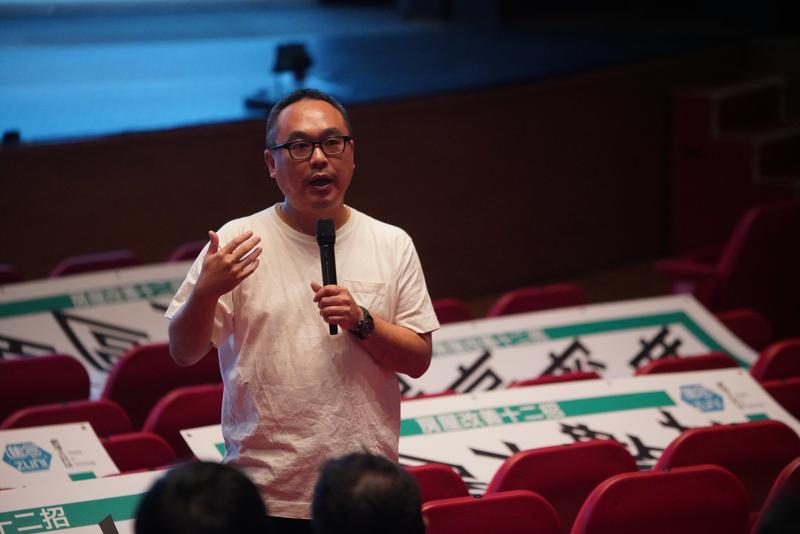
Questioning norms
In the 1980s and '90s, young people were fascinated by all things alternative, says Yeung. "At that time there wasn't a lot of entertainment, and the internet had yet to (go mainstream). So people came together to share experiences and try to create something new."
The Zuni team was never one to follow the herd: "We ask questions about what is normal and whether normal is (actually) abnormal," says Yeung. "Why can't we do things differently? What alternatives are there? What are the theories and rules behind things? What are the things that affect our thinking, (are) important for our work and the way we live?"
For his part, Yung says he was initially attracted to the openness of the theater — a medium that, paradoxically, "has no boundaries" while also contending with certain physical borders. "How can we deal with the boundary of the stage? (Differentiate between) what's on stage and off stage, and (tell) who is defining the boundaries?" he muses. "And what does creativity have to do with critical thinking — how do we deal with critical thinking at creative institutions?"
Yung adds that many of Zuni's members are not professionally trained performers. Rather, "they're just interested in what theater is and is not," he elucidates, noting that such a preoccupation is central to the genesis of experimental theater.
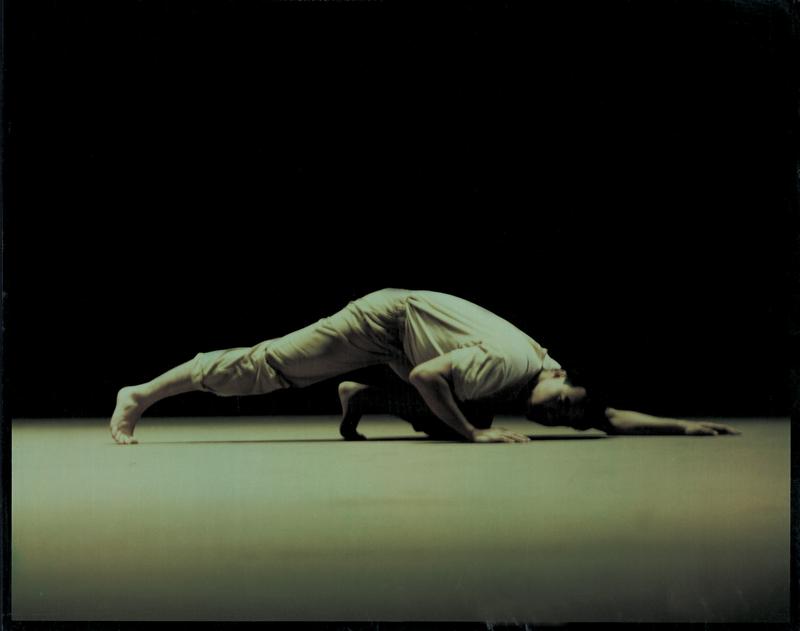

Tried and true
Zuni has put together an impressive lineup of shows and educational events to celebrate its anniversary year. The company is also embracing the tremendous changes taking place in the world — hence the theme of its anniversary celebration: Zuni 40: Art x Tech x Youth x Future of Theatre.
Yung and Yeung believe that innovative thinking and socially driven action are needed to maintain the connection between the performing arts and society. Zuni's strategy is to reinvent tradition through art tech, focus on youth development and training, and drive the continuing development of Hong Kong's performing arts.
Zuni's repertory One Hundred Years of Solitude has 10 previous versions and is a platform for nurturing youth in the field of experimental theater. This year, the company is recruiting a fresh set of youngsters to participate in its latest production, One Hundred Years of Solitude 11.
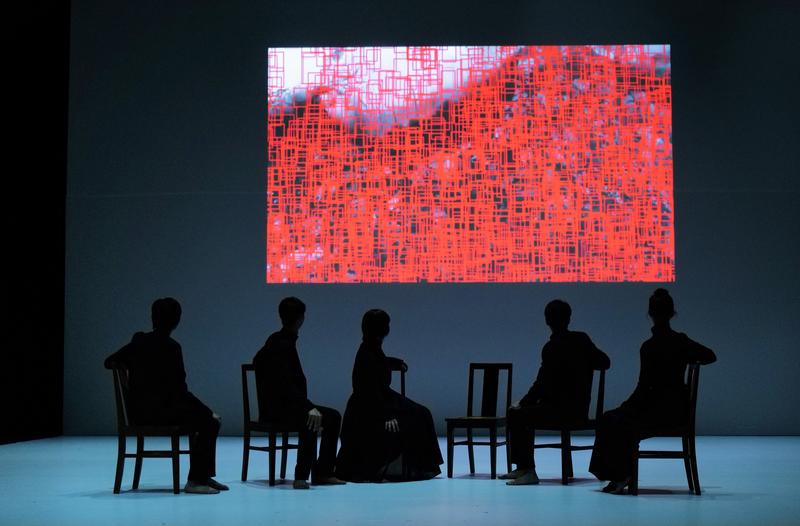
Another one of this year's projects, the Lai Chi Wo play theater for kids, is supported by the government's Countryside Conservation Funding Scheme. Scheduled for November and December, the program combines performing art, cultural education, reinvented traditions and parent-child activities. In Lai Chi Wo — one of Hong Kong's oldest, largest and best-preserved rural settlements — a temporary structure will be erected from bamboo scaffolding to serve as an outdoor children's play theater.
In the meantime, co-artistic director Mathias Woo will present Mystery Theatre 13.67 from September 23-25, with student matinees on Sept 26 and 27. Adapted from the award-winning novel 13.67 by Simon Chan, the story revolves around cases experienced by a police detective across six different periods in Hong Kong, between 1967 and 2013. Using advanced technology, Woo will design the soundscape and foley to augment the suspenseful plot, while integrating real and virtual scenes.
In short, Zuni's pioneering spirit shows no signs of abating.
- New carrier rocket built by Beijing company fails in maiden flight
- Toxic gas leak in Anhui classified as major work safety liability accident
- Xiamen Marathon runners banned for smoking on course
- China's Shijian 32 satellite launch mission fails
- China's anti-graft efforts deepen in 2025, with 115 senior officials probed
- Norovirus infections sicken over 100 students in Guangdong school





















